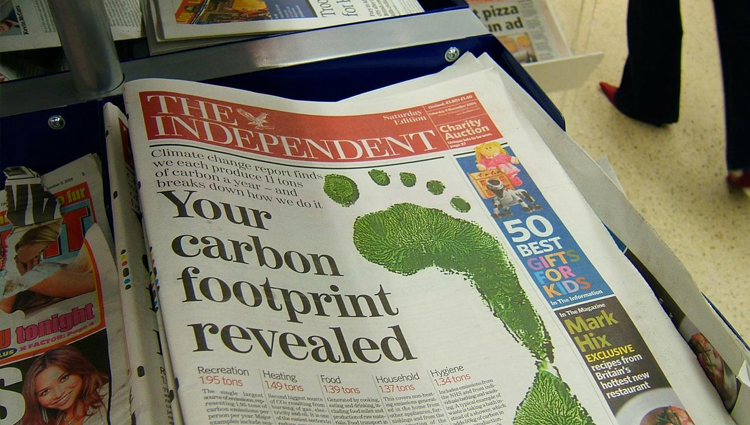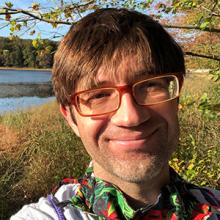Busy at the Meeting
Hello out there! I'm still blogging away at this meeting of the American Geophysical Union, joining the other worker bees who are making the most of their opportunity to gather with scientists. There are lots of very busy people buzzing around.
Tuesday for me featured presentations on earthquake predictions and a talk from a top climate scientist, Michael Mann.
The earthquake prediction and forecasting presentations yesterday afternoon were highly technical, but touched on all sorts of hard-to-predict events. I can’t say I expected anyone to say that he could tie work in earthquake forecasting to predicting the long-term viability of the Occupy movement. (UCLA’s Michael Intriligator expects it to last – It’s not going to go away, it’s going to accelerate if anything, he said.) The series of talks also celebrated the influence of a pioneer in the field, Volodya Keilis-Borok. They touched on mathematical analysis of rare events, forecasting methods and techniques, and pattern recognition (which brings in the relationship of earthquakes to the economy). It was difficult to compare if any one individual was able to predict with better accuracy than another, primarily because the goals of most predictions were different: Can earthquakes be predicted a few days in advance with relatively high accuracy, like hurricane landfall? Or can general locations of increased risk be identified? Some people also discussed how to communicate information about the predictions or forecasts to the public in a comprehensible manner and acted on appropriately.
This session featured Donald Turcotte from UC-Davis, Vladimir Kossobokov of the International Institute of Earthquake Prediction Theory and Mathematical Geophysics, Seiya Uyeda from Japan Academy, Claude Allegre from Inst de Phys Du Globe in Paris, Thomas Jordan from the University of Southern California, and several additional researchers.
Michael Mann’s talk discussed (briefly) his influential climate change research and focused on his eventful interactions with politicians and the media. Many of his emails to other climate researchers have been released publicly as part of a hacking controversy that readers may have heard of. Subpoenas for all manner of his records have been issued by politicians. He discussed his efforts to write editorials for outlets such as the Washington Post discussing why he thinks that these types of calls for records could stifle scientific research and academic freedom. This took place in what was easily the most crowded room that I’ve seen at the conference.


